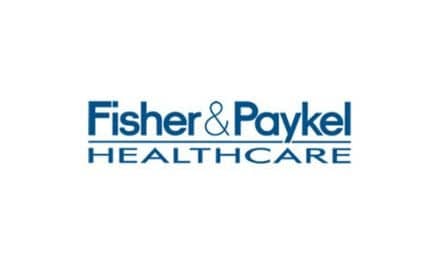The US Food and Drug Administration approved Xenleta (lefamulin) to treat adults with community-acquired bacterial pneumonia.
“This new drug provides another option for the treatment of patients with community-acquired bacterial pneumonia, a serious disease,” Ed Cox, MD, MPH, director of FDA’s Office of Antimicrobial Products, said in a statement. “For managing this serious disease, it is important for physicians and patients to have treatment options. This approval reinforces our ongoing commitment to address treatment of infectious diseases by facilitating the development of new antibiotics.”
According to data from the Centers from Disease Control and Prevention (CDC), each year in the United States, about one million people are hospitalized with community-acquired pneumonia and 50,000 people die from the disease.
Xenleta received FDA’s Qualified Infectious Disease Product (QIDP) designation. The QIDP designation is given to antibacterial and antifungal drug products intended to treat serious or life-threatening infections under the Generating Antibiotic Incentives Now (GAIN) title of the FDA Safety and Innovation Act. As part of QIDP designation, Xenleta was granted Priority Review under which the FDA’s goal is to take action on an application within an expedited time frame, according to a statement from the US Food and Drug Administration (FDA).
The FDA granted the approval of Xenleta to Nabriva Therapeutics.
The safety and efficacy of Xenleta, taken either orally or intravenously, was evaluated in two clinical trials with a total of 1,289 patients with CABP. In these trials, treatment with Xenleta was compared to another antibiotic, moxifloxacin with or without linezolid. The trials showed that patients treated with Xenleta had similar rates of clinical success as those treated with moxifloxacin with or without linezolid.










